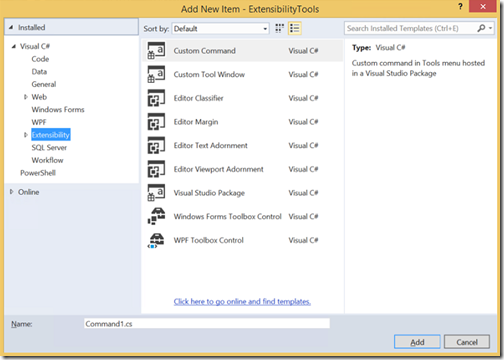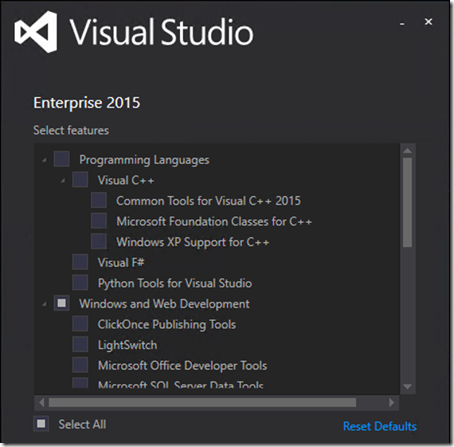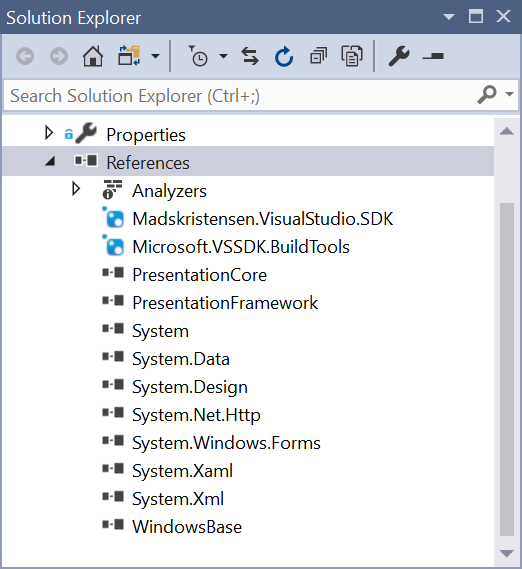


Q# Advent Calendar 2018

AI-assisted coding comes to Java with Visual Studio IntelliCode
AI-assisted Coding Comes to Java in Visual Studio IntelliCode

A preview of UX and UI changes in Visual Studio 2019

Visual Studio Roadmap Updates and Visual Studio 2019 Information

What’s Next for Visual Studio for Mac

Microsoft’s Developer Blogs are Getting an Update

Simplify extension development with PackageReference and the VSSDK meta package


 Light
Light Dark
Dark